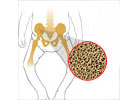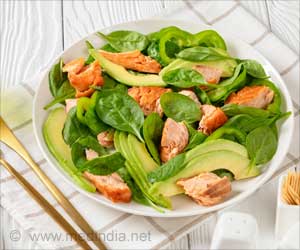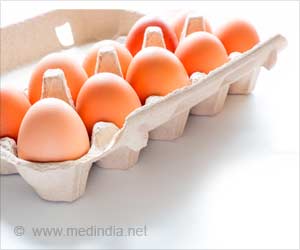A vegan diet has, however, also shown health benefits, such as a higher fibre intake and lower cholesterol levels. For both vegan and mixed diets, about 10% of participants had an iron deficiency.

‘A vegan diet has, however, also shown health benefits, such as a higher fibre intake and lower cholesterol levels. For both vegan and mixed diets, about 10% of participants had an iron deficiency.’





"This study makes it possible to compare a vegan diet with a mixed diet with regard to a variety vitamins and trace elements," says BfR President Professor Dr. Dr. Andreas Hensel. "Both diets investigated revealed a lack of iodine. However, the shortage is clearly more distinct in the vegan variant." In the RBVD study, the BfR research team analysed blood and urine samples and evaluated lifestyle questionnaires and dietary protocols. Of those participating (18 women and men respectively per group aged 30-60 years), almost all those following a vegan diet and one third following a mixed diet took different food supplements.
The study results were particularly noteworthy with regard to the trace element iodine. Iodine excretion measured in urine samples provides information on how well the body is supplied with the trace element. The majority of the participants had a deficiency.
The deficiency was significantly more pronounced among vegans - in one third of them, the level was below 20 micrograms per litre (μg/L), the limit defined by the World Health Organization (WHO); anything below this represents a serious shortage.
Source-Eurekalert















